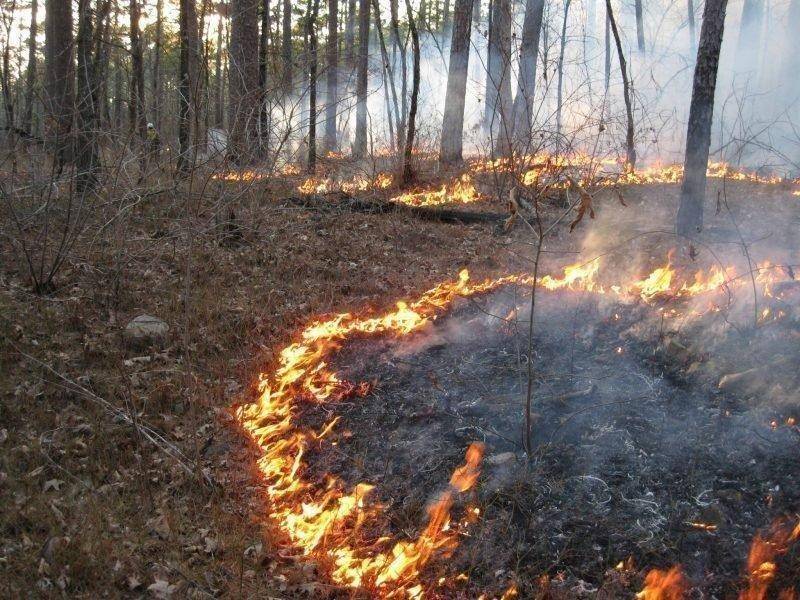Forest Service Press Release
FERRON, Utah, June 5 —After a successful test burn Monday, June 4, fire and fuels crews are igniting larger blocks of mixed conifer forest on Trail Mountain, working on the northeast units Tuesday and moving to the south Wednesday. The crews hope to burn 4,000 acres and remove 50 percent of dead and down timber in the area.
Trail Mountain is on the Manti-La Sal National Forest, Ferron-Price District and is northwest of Orangeville, Utah. Residents of Emery, Carbon and Sanpete counties will see heavy smoke in the afternoons and evenings. Those who do not tolerate smoke are advised to remain indoors during those times.
Drones are banned in the airspace over the fire. Due to the use of aerial ignitions, a temporary flight restriction order is in place. Flying drones or unmanned aircraft systems within or near wildfires without permission could cause injury or death to firefighters and hamper their ability to manage the fire.
Only fire personnel will be allowed within the burn area during ignition operations. Fire personnel will continue to monitor the burn for its duration. Temporary closure of Forest Road 0040 (Cottonwood Canyon) has been implemented, as well as the closure of Forest Roads 0034, 2302, 2181, 2180 and 2182. Forest Trail 0051, the Trail Mountain CCC Trail is also temporarily closed. Closures are ordered for firefighter and public safety.
Mixed conifer forests in Central Utah are usually made up of dense stands of older fir and spruce. Spruce beetles have left many dead Englemann spruce in these stands. The prescribed fire is intended to stimulate aspen regeneration and reduce hazardous fuels.
The changes created by fire restore critical habitat for elk, deer and other browsing animals. Prescribed fire can also restore Goshawk foraging habitat by creating areas of open ground within the forest. Even bees and butterflies benefit from the enhanced wildflower-rich foraging habitat created by fire.

